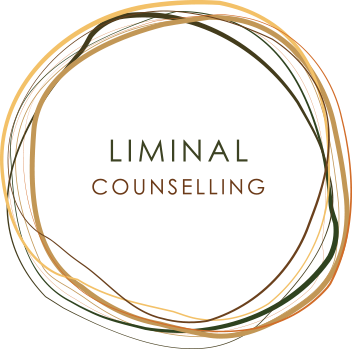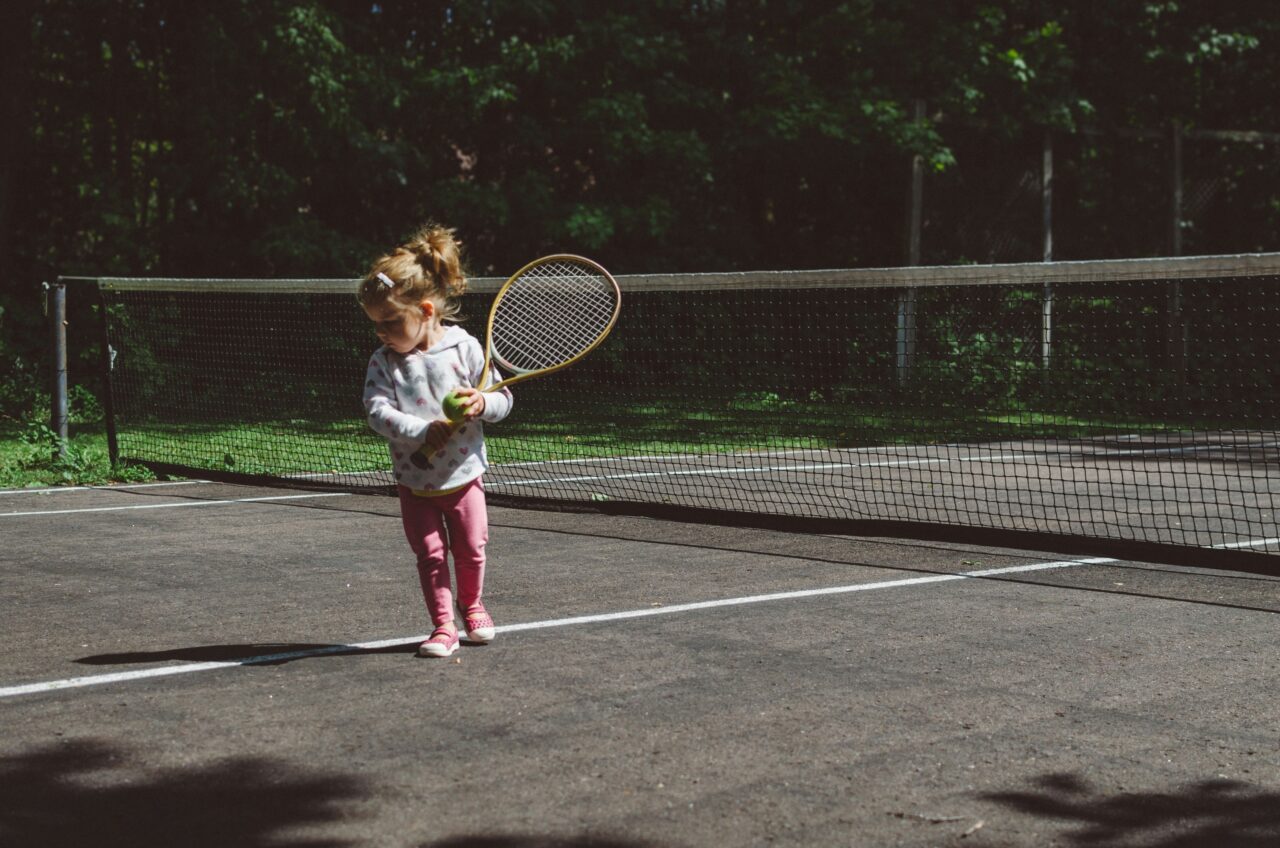Hear Me Out
I’m not saying you should stay in a marriage where you are being abused, there is violence, you are being cheated on, etc. Divorce might be your only option and it might be the best choice you can make for yourself out of a bad situation. I don’t believe you should stay in trauma. I’m actually not really writing to you, the ones who have to leave, although the information in this blog is still applicable. I’m writing to those of you who “just aren’t happy” in your marriage. Those of you who think you’re “falling out of love.” Those of you who plan to remain friends and just think you’re better coparents and are just consciously uncoupling.
If you are reading and starting to feel offended, that’s okay. Parents never want to think that they are hurting their kids because a lot of parents genuinely try to do right by their kids and try to do their best. Parents want to believe if a divorce is good for them, it’s good for the whole family. To hold that belief might ease your possible guilt because you believe what you’re doing is better for your children. If you understood differently, would you do differently? If you knew the long-lasting influence of your divorce on your children would you choose to stay together? Could you find a way through, for the kids you love so much?
Part of my job is to advocate for kids who are unable to advocate for themselves. Part of my job is to tell the truth, even when it’s hard. The truth is, your kids don’t care about your happiness as much as they care about their own happiness. It’s a myth to think “my children will be happy, when they see that I am happy.” It’s a myth to think “it’s best to do this when they’re young because then it will be all they have ever known.” It’s a myth to think “children are resilient, so naturally they will get over it.”
Children in Postdivorce
“Children in postdivorce families do not, on the whole, look happier, healthier, or more well adjusted even if one or both parents are happier” (Wallerstein, Lewis, & Blakeslee, xxix, 2000). Just as children have high needs and high demands and need stability to develop, their parents are now invested in attempting to rebuild their own lives. Who might they want to date, where will they live, will they get new jobs, etc? All of those life choices that were settled are now thrown up in the air like confetti and as parents focus their attention on their lives, children are often not getting the support they need in these crucial years of development. Divorce is a massive life transition and children do best when they have a stable home in which to grow up in. That is the ideal and we should not be afraid to talk about the ideal.
There is much that the marital bond protects and safeguards children from. As soon as that child is born, the conversation between the parents begins, and if the parents stay together, that conversation never ends. How is he doing at school? Do you think she is behind in her speech? Is he making friends okay? What do you think of [insert anything]? “This invisible structure of parenting that supports the growing child and runs interference for her is weakened or lost in the breakup” (Wallerstein, Lewis, & Blakeslee, p.24, 2000). Even if you are the most amazing set of co-parents, you cannot make up for the daily dialogue that exists between parents in healthy marriages.
Divorce is not a one and done event in the life of the child. It is ongoing. At each new life stage, the divorce and its influence is revisited. Not to mention the other possible losses as the family can keep changing. “The child who grows up in a postdivorce family often experiences not one loss- that of the intact family- but a series of losses as people come and go” (Wallerstein, Lewis, & Blakeslee, xxxv, 2000). If the family becomes blended, but then the new marriage does not last, now the children lose their step-parent and step-siblings. Losses may also come in the form of family pets, their school, their playmates, etc.
Effects of Divorce in Adulthood
Divorce follows children into adulthood. “…they are badly frightened that their relationships will fail, just like the most important relationship in their parents’ lives failed. They mature with a keen sense that their growing-up experiences did not prepare them for love, commitment, trust, marriage, or even for the nitty-gritty of handling and resolving conflicts” (Wallerstein, Lewis, & Blakeslee, Prologue, 2000).
“For children, divorce is a watershed that permanently alters their lives. The world is newly perceived as a far less reliable, more dangerous place because the closest relationships in their lives can no longer be expected to hold firm. More than anything else, this new anxiety represents the end of childhood” (Wallerstein, Lewis, & Blakeslee, p. 27, 2000).
On the Fence About Divorce?
If you are undecided about divorce or unable to give a clear answer as to why you are getting divorced, please reconsider. If you are in an unhappy, but safe marriage and think your children will be happy when they see that you are happier out of the marriage, please reconsider.
If you need help navigating this life change as you are divorced or thinking through a divorce, Liminal Counselling is here to support your therapy and counselling needs. I am not naive. I truly understand that sometimes there is no other choice, but to divorce. If you have to leave, then understand your reasons, understand the consequences to your children, and then do everything in your power to keep life as consistent and stable as possible for them.
The quotes in this blog are taken from the book: Wallerstein, J. S., Lewis, J. M., & Blakeslee, S. (2000). The unexpected legacy of divorce: The 25-year landmark study. Hyperion. “It is the only study in the world that follows into full adulthood the life course of individuals whose parents separated when they were young children” (Wallerstein, Lewis, & Blakeslee, xxxii, 2000) and I highly recommend you read it if you are a child of divorce, are divorced, are thinking about divorce, or are married to an adult who was a child of divorce.






